Ramadan, which begins Feb. 28, is an important and holy month for Muslims, and will be honored by hundreds of Rio Americano students.
The holiday lasts for 29 or 30 days and falls at different times each year, depending on the sighting of the moon. During Ramadan, Muslims fast from sunrise to sunset, which means they don’t eat or drink anything during daylight hours.
The fast is broken each evening with a meal called Iftar, and before dawn with a meal called Suhoor.
Ramadan is not just about fasting, it’s also a time for increased prayer, reading the Quran and practicing good deeds.
“Ramadan means a time to reflect on my life, determine how I can improve my life and focus on what is important,” freshman Parniyan Ahmadi said. “Ramadan can be a time to practice restraint with food, speech and material distractions. A time to break bad habits.”

Muslims believe that the Quran, their holy book, was revealed to Prophet Muhammad during this month. Fasting during Ramadan is one of the Five Pillars of Islam, which are the basic acts of worship every Muslim should follow.
Ramadan ends with Eid al-Fitr, a large celebration where families and friends come together to pray, share meals and give gifts, especially to children and those in need.
“All of us like this month for a reason: for some it can be because of the food, for some it is about the family gatherings, for others it can be about the night prayer (Taraweeh),” junior Aisha Qanit said. “They can pray together with their friends and family members at mosques and hear the beautiful recitation of our holy book live.”
Rio’s Muslim Student Association is planning an Iftar fundraiser to honor the month of Ramadan, club president Sara Hamdullah said.
Ramadan Fast Facts
Ramadan is the ninth month of the year in the Muslim calendar.
The fast is typically broken by eating dates and drinking water.
The act of fasting during Ramadan, called Sawm, is one of the Five Pillars of Islam.
Those with more food than they need pay a Zakat al-Fitr at the end of Ramadan, a contribution to those who need it most.
Laylat al Qadr, celebrated during the last 10 days of Ramadan, is considered the holiest night of the year.
Ramadan falls earlier every year because of the moon cycle—2030 will have two Ramadans in one year.

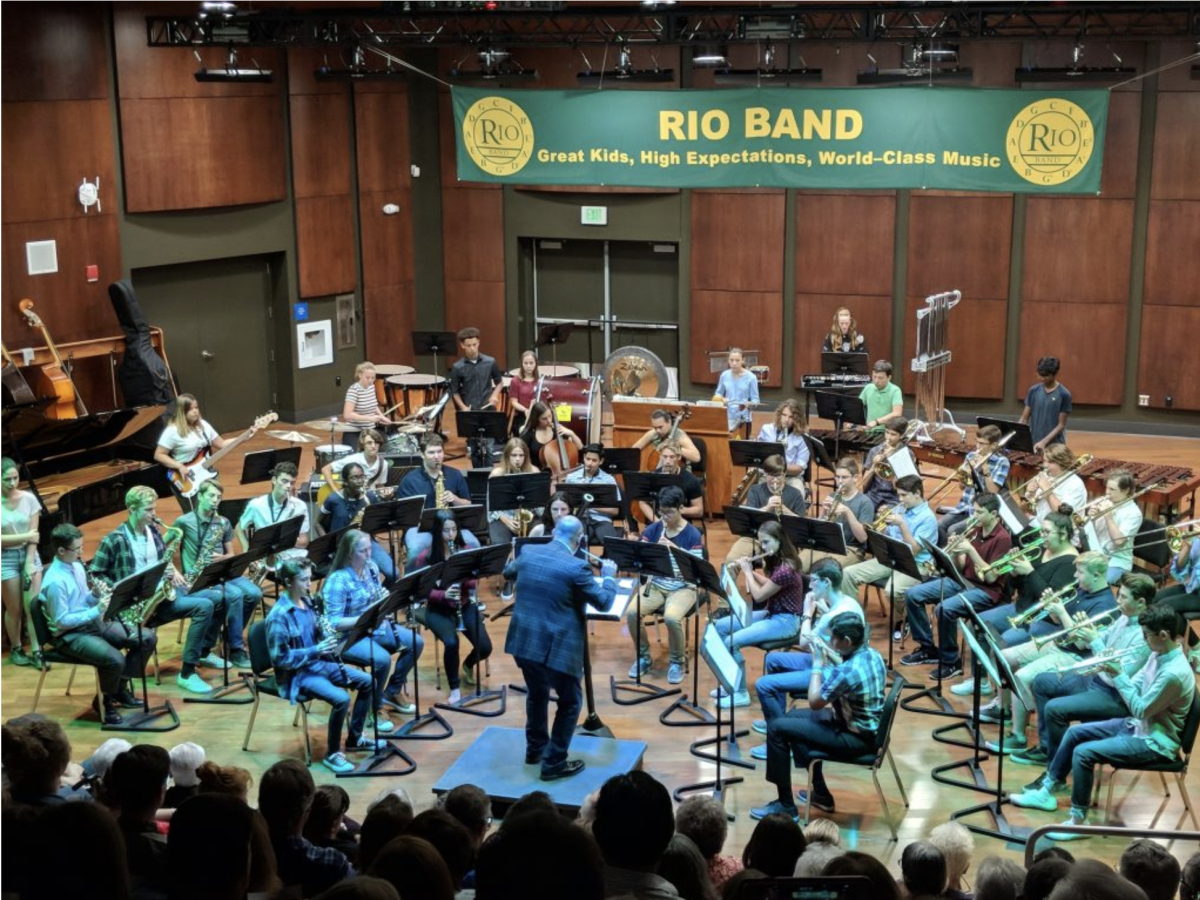
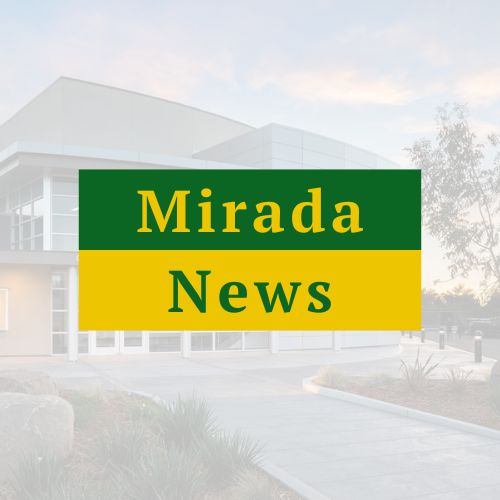
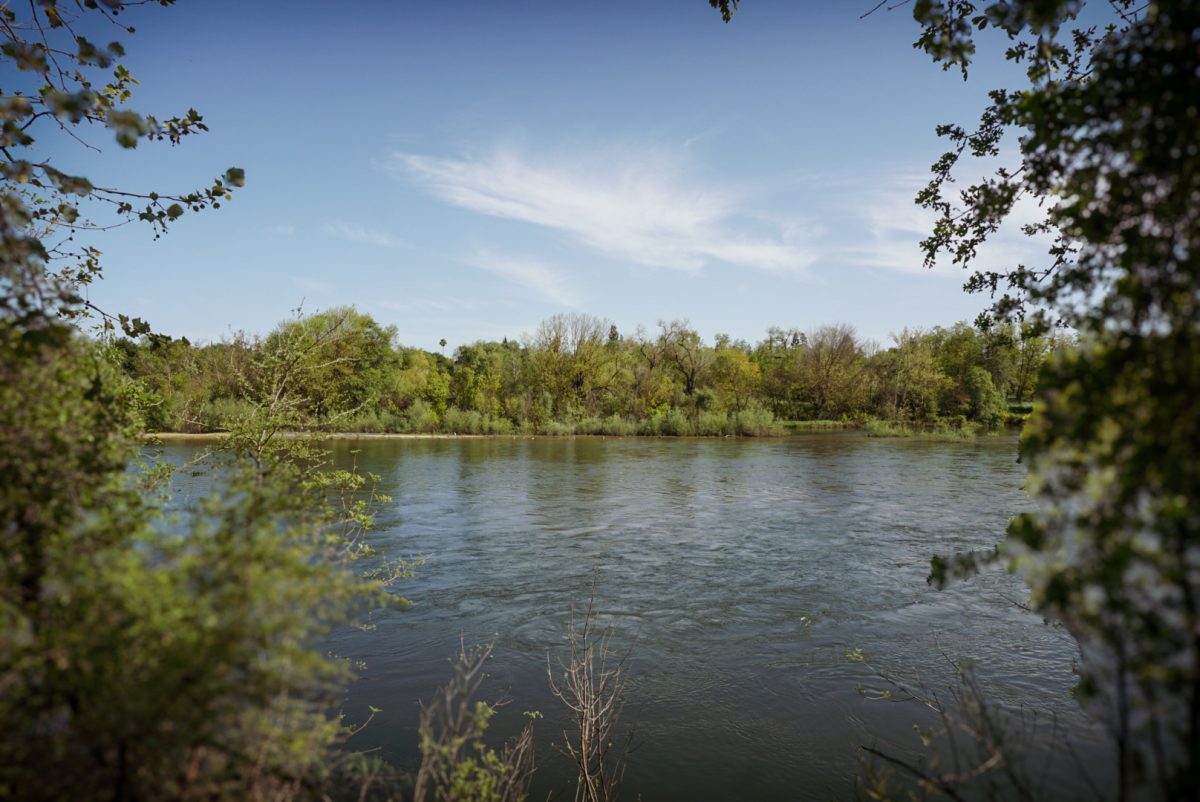
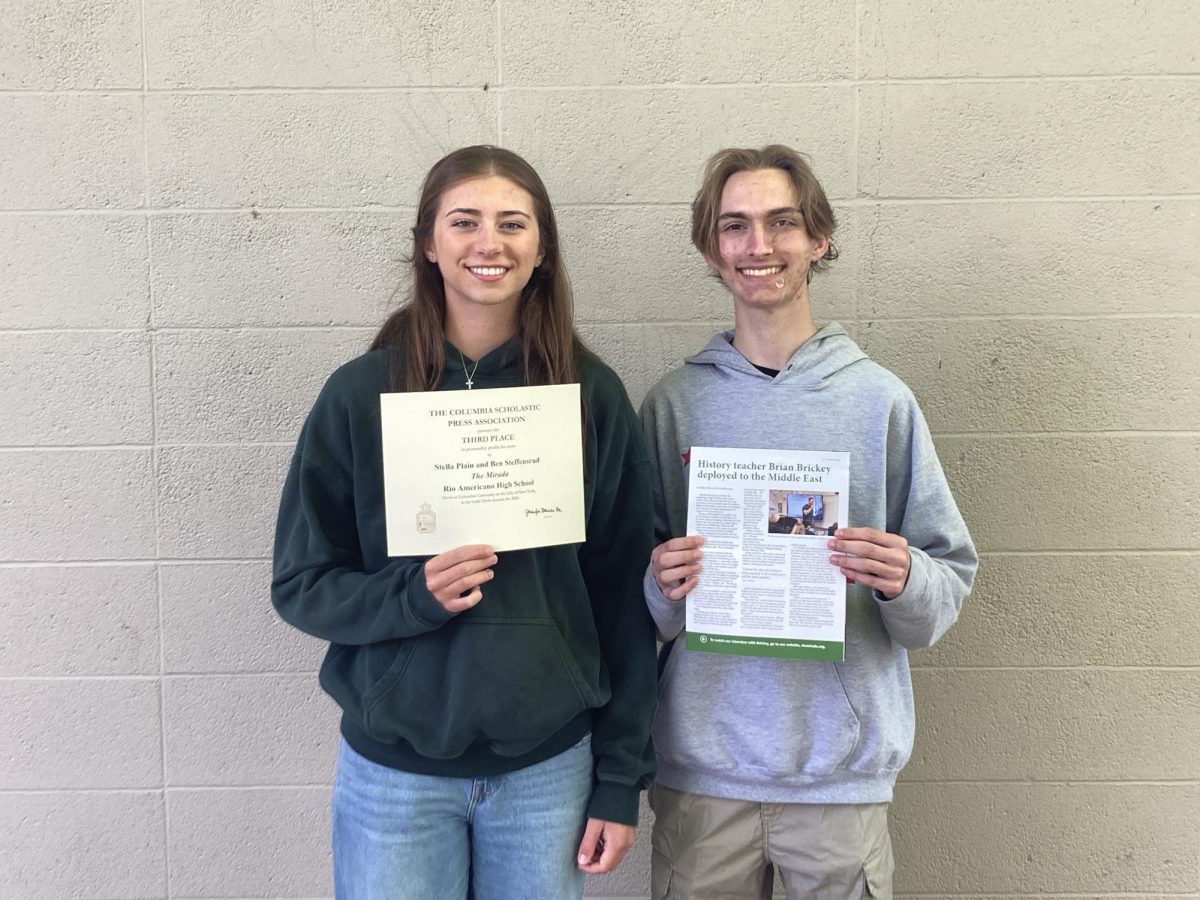
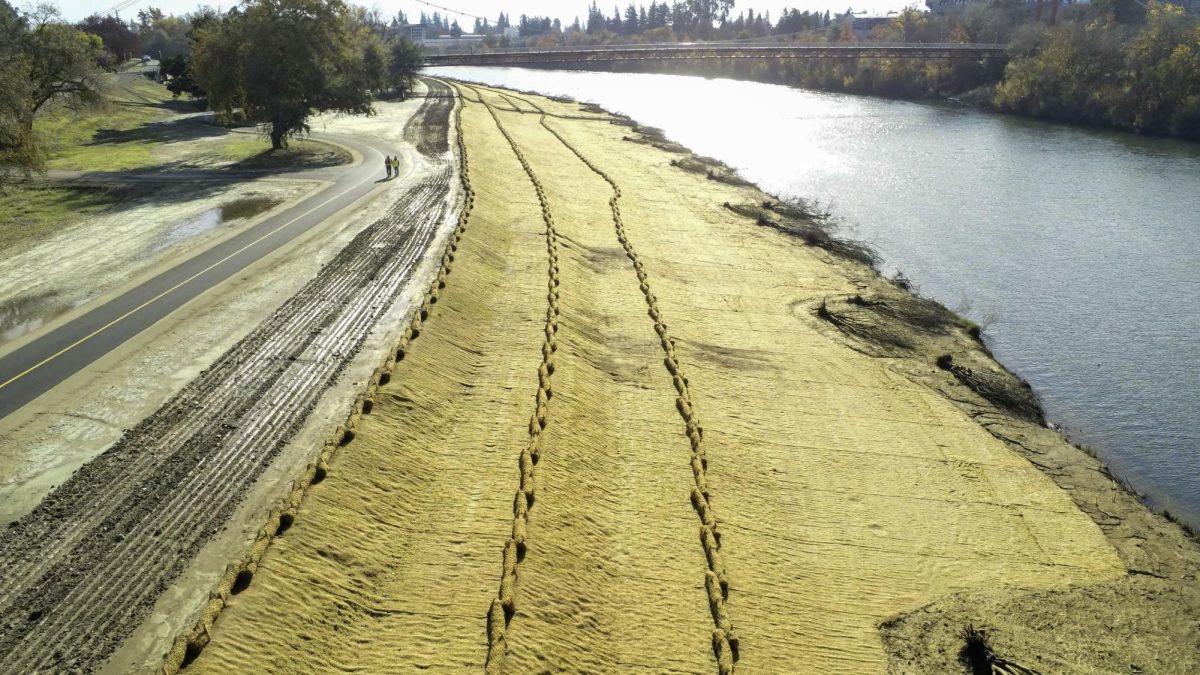


























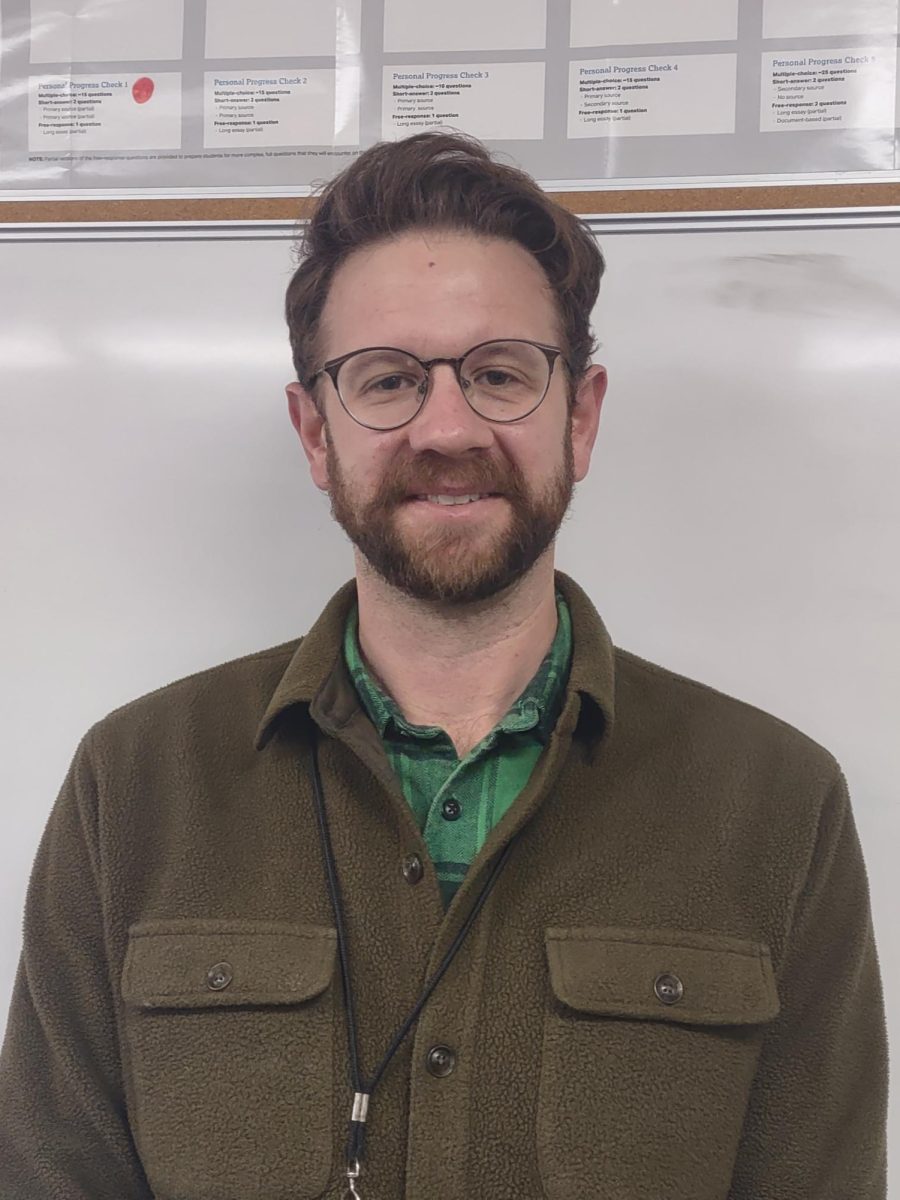
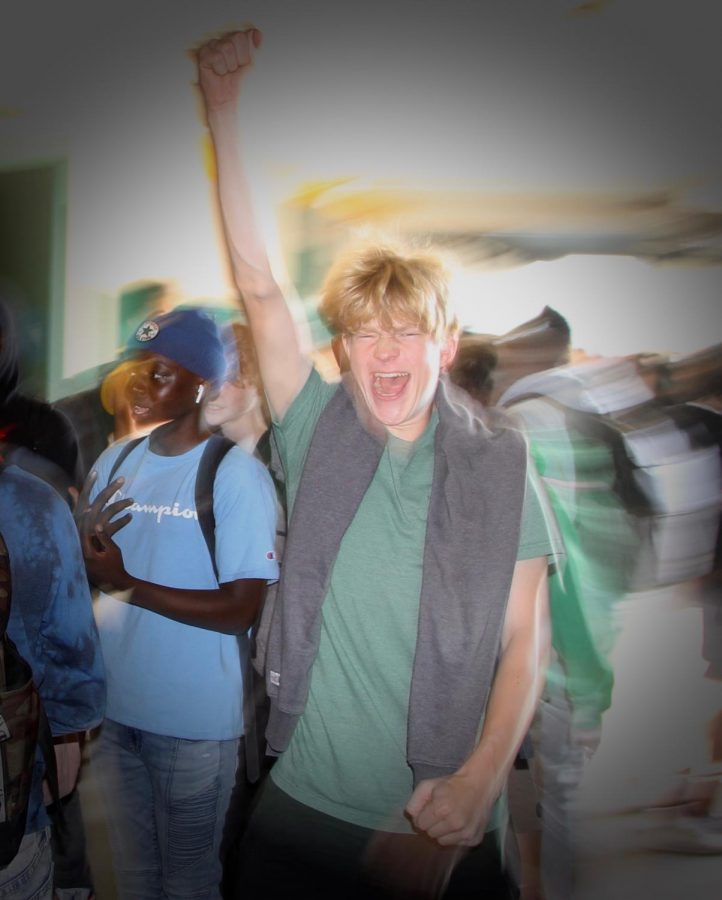
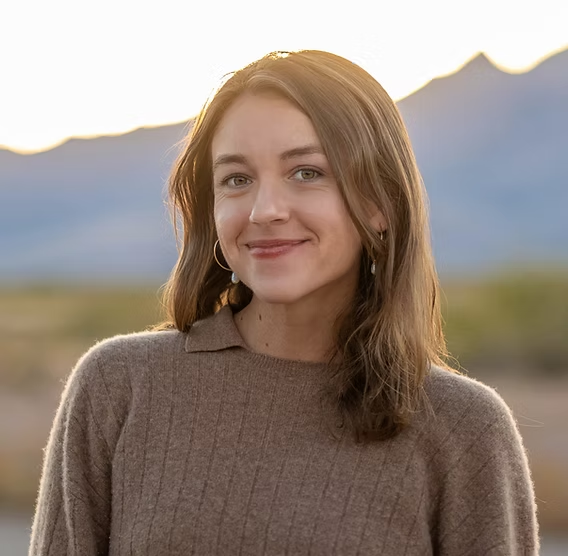
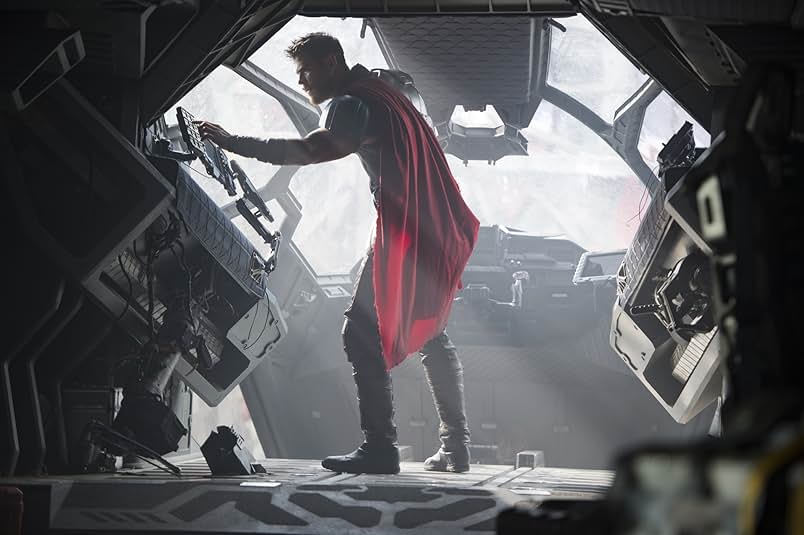
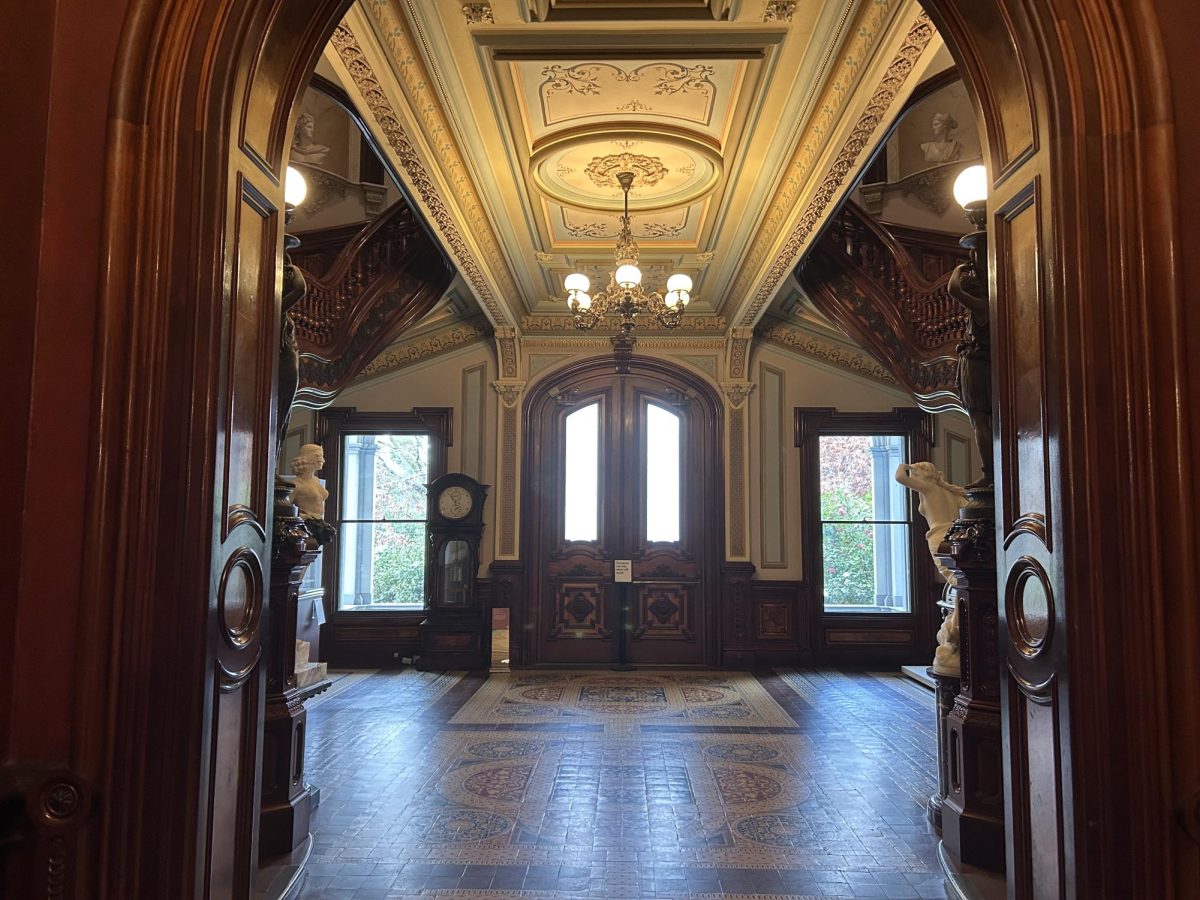
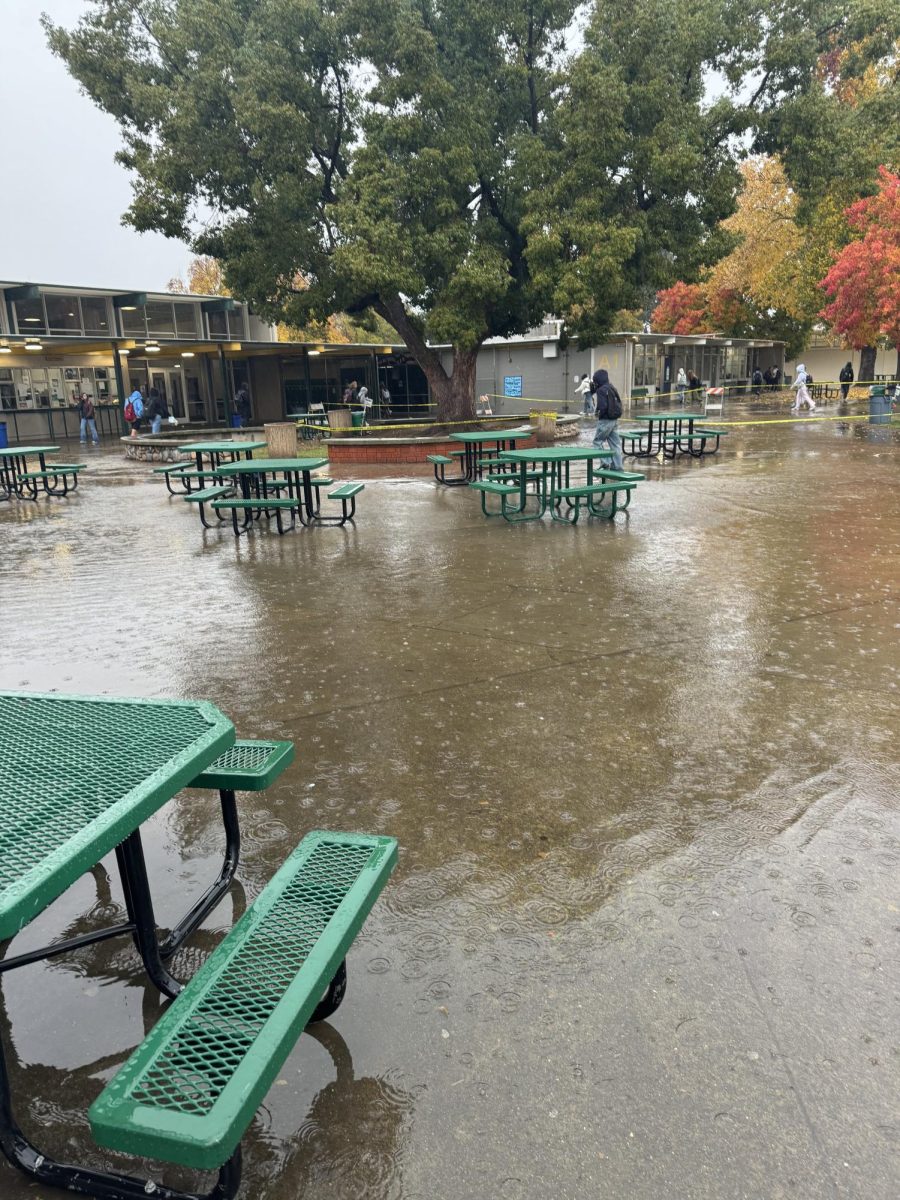
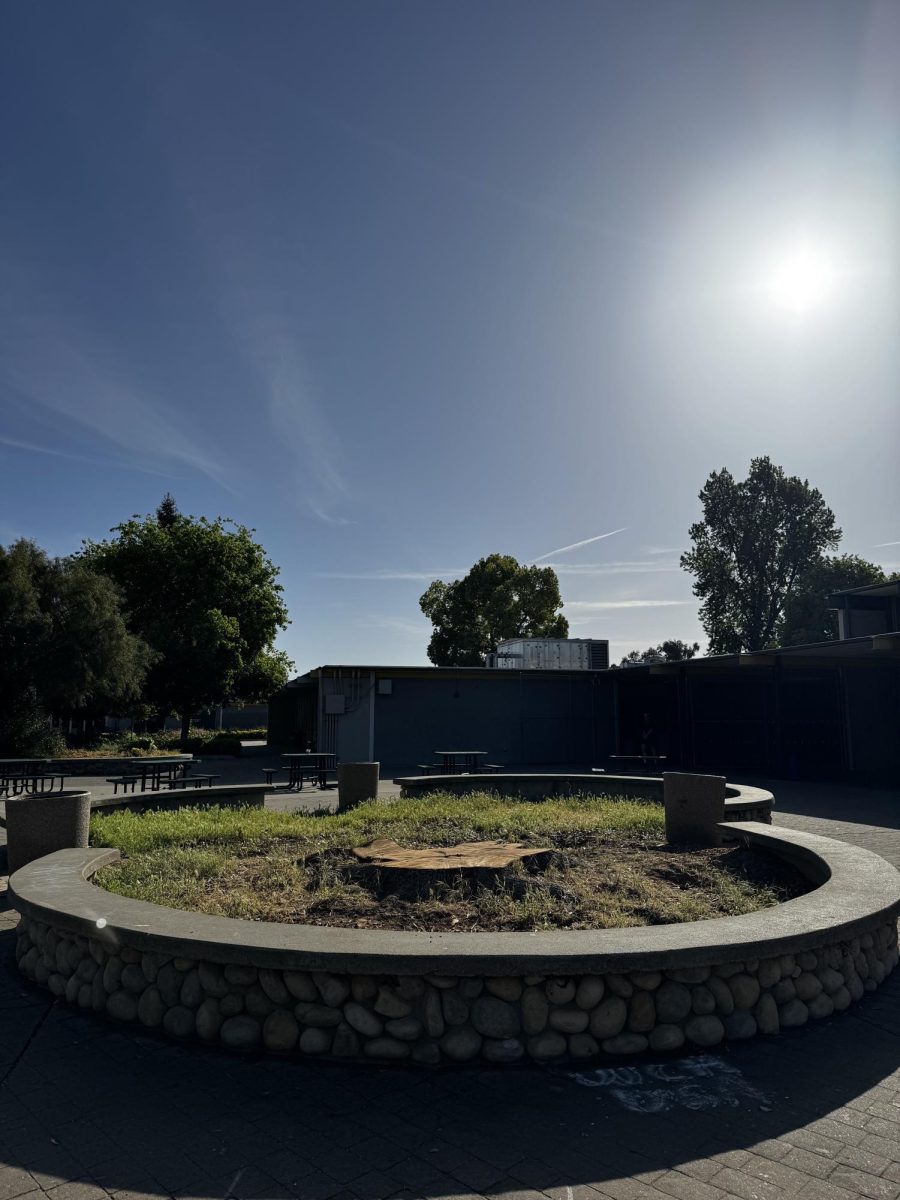
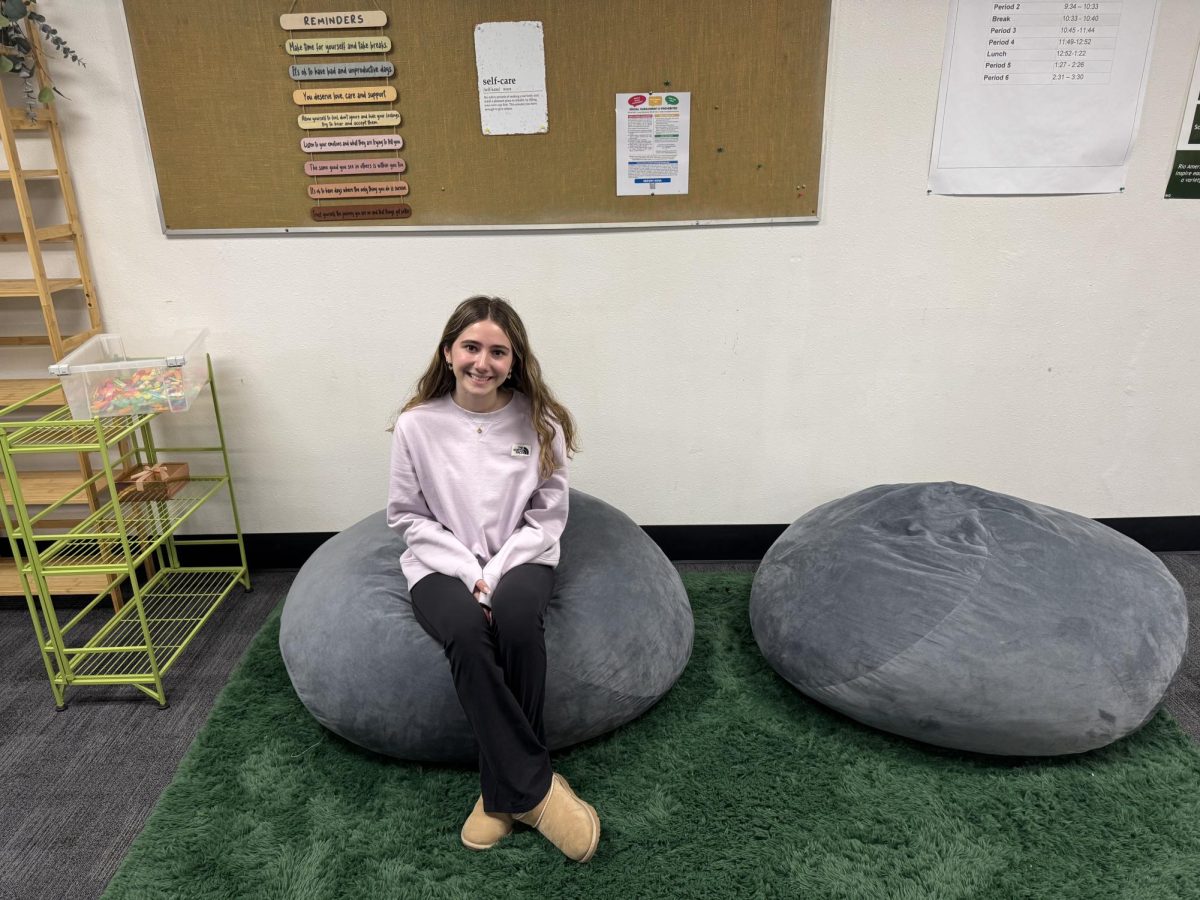
Sara Hamidullah • Mar 27, 2025 at 1:11 PM
I appreciate how informative this article can be for non-Muslims and students who are unfamiliar with Ramadan! There are so many fundamentals and core aspects to our religion, but educating people about the holy month of Ramadan is a fantastic way to start. If anyone is futher interested in joining an Iftar event or inquiring about more details, there’s an entire community that would be more than happy to guide you through our traditions. I wish you all a Ramadan Mubarak!